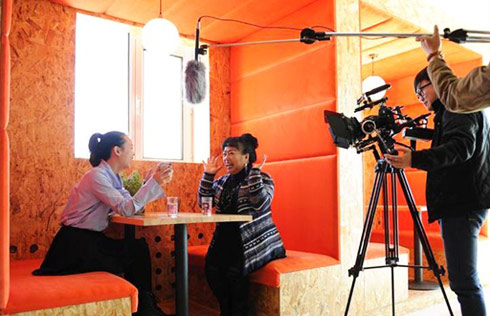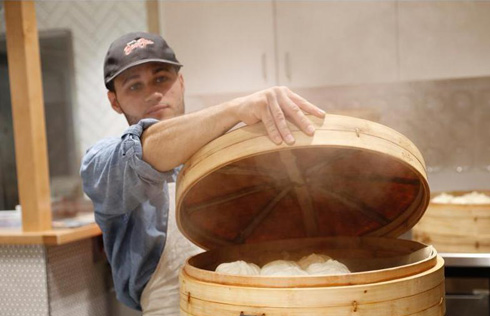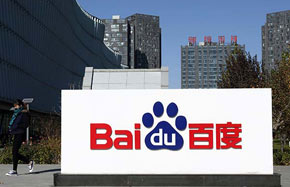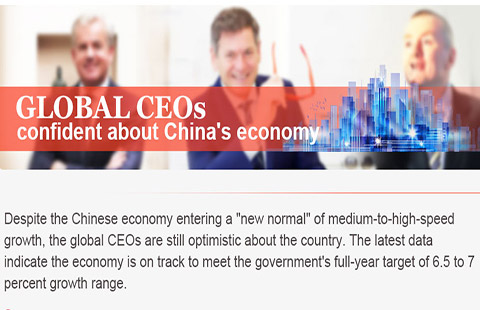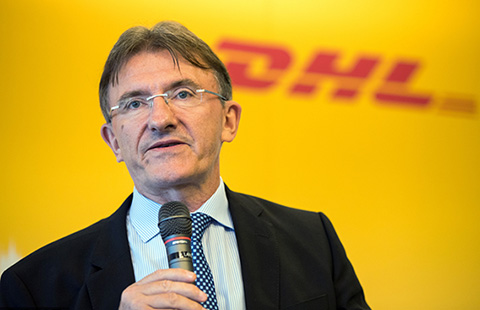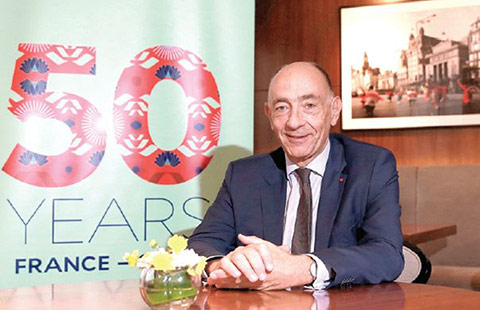Australian startup-funding 'accelerator' looks to 'huge opportunity' in China
SYDNEY - Imagine playing online games that allow you to carry out staid banking transactions, or collecting a parcel delivery and paying for it via 1,200 news agencies conveniently located across the country.
Those are just two of the technology-enabled ideas from startups that Australian entrepreneur Jeremy Liddle helps to get funded so that they can succeed and hopefully make a difference to people's lives.
"I want to see great entrepreneurs change the world," Liddle said. "It makes me angry that there might be another Elon Musk or Jack Ma sitting with an amazing technology that they can't do anything with because they can't get money."
Liddle is the 34-year-old chief entrepreneur officer of Sydney-based company CapitalPitch, touted as the world's first capital-raising "accelerator", which aims to connect promising startups with investors so that they get efficient access to crucial funds.
Liddle, speaking to Xinhua at his office in the city's Stone and Chalk financial technology or fintech hub late last month, said that industry studies have shown that more than 97 percent of startups, particularly technology-enabled ones, cannot raise capital and as such "fail completely."
Liddle, who has been an entrepreneur himself since he was 19 when he rolled out juice bar outlets in Sydney, said his company aims to solve startups' funding problem by getting them ready through a platform that includes an education program and training, delivered over six to 12 weeks. Once those startups are "investment-ready", they get access to venture capital before being directed to a larger equity-funding platform, and only accredited, sophisticated professional investors are involved, he said.
In the first year of his company, which was launched in 2014, it helped a handful of startups raise 13 million Australian dollars ($9.96 million), Liddle said. It has about 3,700 active startups on its platform now.
"We select up to 30, high-potential startups with a minimum 5,000 Australian dollars a month in revenue. But the startups that actually make it to the end of the process, normally it's about 10 percent because most startups aren't ready yet," Liddle said.
Every month, Liddle's company produces about three startups that are "really good investment opportunities". That's just in Australia, he said.
But his company, which includes former National Stock Exchange of Australia CEO Emlyn Scott as a co-founder and its executive chairman, is now seriously exploring major business opportunities in the world's second-largest economy.
"We can scale those numbers up by probably 10 times in every Chinese city when we're ready to go there," Liddle said.
Shanghai will probably be the first of those cities, because partnerships have been forged with local Chinese investment promotion groups, in line with the push by Chinese authorities to spur innovation and promote entrepreneurship, he said.
"The startups we're looking at, they're all technology enabled, they're all looking for bigger markets, our intention is to start to bring them into China," said Liddle, who is also president of the G20 Young Entrepreneurs Alliance Australia, part of the global network of 500,000 young entrepreneurs and the organizations supporting them.
In September, he attended the G20 Summit in Hangzhou, capital of East China's Zhejiang province, before heading to Beijing as part of a related event.
Medical, health and aged care, as well technology, seem to be some of the sectors that Chinese investors find very interesting, Liddle said.
"Traditionally, Chinese investors have been very interested in property, more than tech. So I think there's an education ... around exposing Chinese investors that have been a little bit more traditional, to the technology industry."
"There's huge opportunity in China, there's a lot of great technology, there's a lot of investors who want to invest in technology. It's pretty early days in the startup ecosystem ... it's a very new industry in China, so there's a lot of learning for everybody, around how to do it well.
"And it's really important for us to work with local partners and local investors as we expand into China. We're really open and focused on truly localizing."








